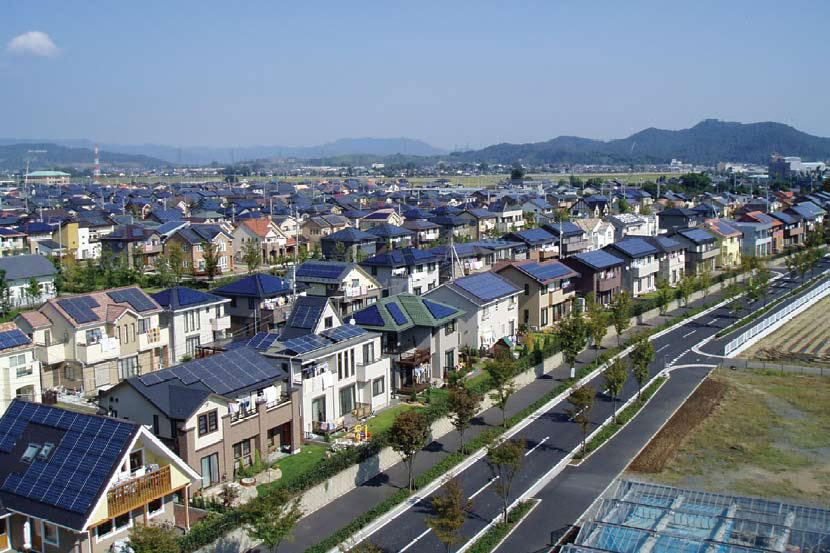When it comes to global markets like the U.S. and China, it feels like we see promising updates almost daily as far as solar is concerned. With success all around us, however, we have to ask ourselves, what the heck is happening here at home?
Our friends in Alberta, where the solar industry should be booming, remain stuck in limbo as they await government decisions around incentives for homeowners. With declining sales, this limbo could mean layoffs for several employed in the industry as companies wait to hear from the government on the future of solar in the province.
Here in Ontario, we’ve seen holds and cancellations on incentive programs that have caused considerable instability in the market, leaving many uncertain of solar’s feasibility long-term. With Ontario being the largest solar market in Canada by a landslide, taking the cake for having more solar installations than the rest of the country combined, this is incredibly unnerving, not to mention recent rate drops that make solar less appealing for homeowners.
In 2016, the Independent Electricity System Operator (IESO), which oversees the power market in Ontario, implemented significant rate drops for homeowners supplying solar energy to the grid. Now, homeowners receive less money back per kilowatt-hour of energy supplied to the province, generated by their residential solar panels.
While this sparked an artificial spike in the market toward the end of 2015, with interested customers getting orders in before the rate drop, this has effectively made solar less feasible for homeowners in the province ever since, who now have a harder time offsetting the costs of installations.
When we look at these recent trends, we have to wonder why we are managing the solar industry in Canada so poorly – an industry that represents the future of energy in this country. Where is the disconnect between expert recommendations and government decisions?
If you take the rate drops in Ontario, for example, what’s puzzling is that they are not aligned with recommendations put forward by the Canadian Solar Industries Association (CanSIA), our national organization that facilitates the “responsible and sustainable growth of solar energy across Canada.” CanSIA’s recommended rates for 2016 were 38.4 cents per kilowatt-hour for rooftop solar panels, and yet, the IESO implemented rates of just 29.4 cents per kilowatt-hour.
Is this what we call responsible decision-making? Certainly, this does not represent the “sustainable growth of solar energy in Canada.”
As an industry that’s incredibly dependent on government policy to succeed, we have to ask ourselves, what more can we be doing to secure a sustainable future for solar in Canada?
If industry representatives are ineffective at informing government decisions, where does that leave us?
It’s time to band together and fight for the fate of the industry before it’s too late.
—
This article was written for pvbuzz.com by Bobby MacCannell, and Edited by Derick Lila.
 Bob possesses a wealth of experience in the solar PV industry working with commercial, residential and institutional customers. His company advocates for sustainable energy in Ontario through customer-education, and the installations of solar energy systems.
Bob possesses a wealth of experience in the solar PV industry working with commercial, residential and institutional customers. His company advocates for sustainable energy in Ontario through customer-education, and the installations of solar energy systems.













Comments